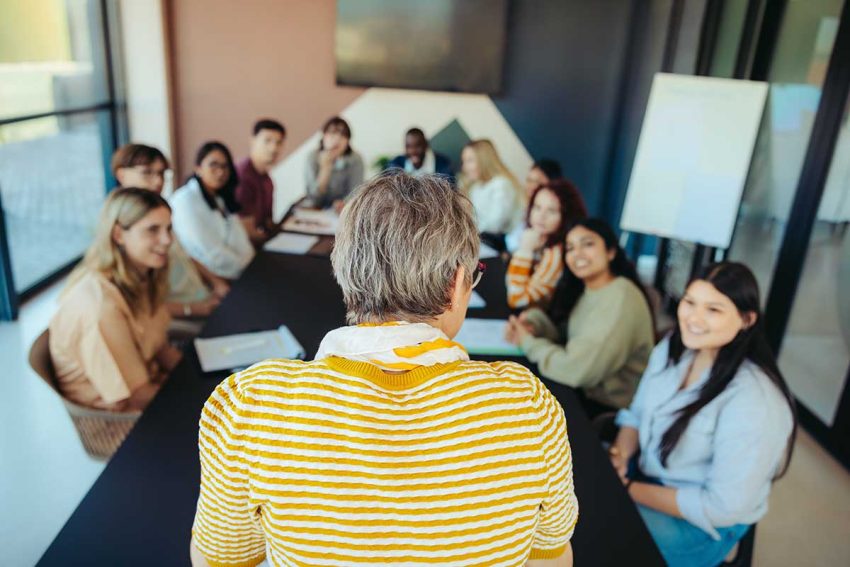By Matt Shoemaker
We have just opened applications for the 4th iteration of our Faculty Learning Community on Integrating Advanced Digital Methods and Tools into Your Teaching. In this FLC, participating faculty will work with LCDSS and CAT staff to integrate digital scholarship tools and work into a course. More information is available in the call below. If you are interested in applying you can do so here.
Advanced digital technologies can be effective in supporting student learning and engagement in our courses. Learning activities that include electronics development, 3D printing, laser cutting, photogrammetry, augmented and virtual reality (AR/VR), and gamification can encourage deep learning. One of the challenges an educator can face is dealing with how to incorporate these various methods and tools into our classes. We recognize these methods and tools may be useful for engaging students in the work of the class, but it can be difficult to meet the needs of students who have gaps in prerequisite knowledge or lack of experience using these methods and technologies for their work.
Faculty in this learning community will explore the following questions:
● How can I integrate advanced digital methods and tools along with pedagogical approaches into course design and assignments ensuring alignment to course goals, assessments and activities?
● What strategies and resources can I draw upon to develop my expertise in advanced digital methods and tools?
● How can I help students increase skills and confidence in using advanced digital methods and tools?
We encourage applicants who would like to use the library’s VR Lab and Makerspace. Throughout the semester, you will attend regular meetings that include hands-on workshops, discussion and collaborative working sessions designed to ensure there is a strong understanding of the tools you are interested in incorporating into your classroom. By the conclusion of the sessions, you will develop an actionable plan for implementing learning activities and assignments
that integrate selected tools and methods aligned to learning goals. The faculty learning community will decide as a group how best to use the expertise they gain in order to support the Temple faculty community at large.
For some examples of the types of work done in these areas already in the Loretta C. Duckworth Scholars Studio please see Temple Libraries’ blog and website for related resources.
Facilitators:
Jasmine Clark, Digital Scholarship Librarian
Matt Shoemaker, Head of Loretta C Duckworth Scholars Studio
Alex Wermer-Colan, Academic Director Jeff Rients, Associate Director of Teaching & Learning Innovation, CAT
Jennifer Zaylea, Digital Media Specialist, CAT
What is a Faculty Learning Community?
A faculty learning community is a cross-disciplinary group of 10-12 faculty who work together over an extended period of time to explore a specific topic related to their professional teaching practice. In this supportive environment, faculty explore best practices, engage in deep discussion about the topic and then share their work with the faculty community at large so as to support their colleagues in this area.
Faculty commit to:
● Attend in-person meetings on Tuesdays from 10:30 am – 12:00 pm on the following dates: (Feb 10th and 24th, March 10th and 24th, April 14th and 28th).
● Complete readings, activities and assignments between meetings.
● Develop and implement learning activities and assignments involving advanced digital methods and tools for at least one course in the Fall of 2026.
● Share the expertise gained in the faculty learning community with a larger faculty audience. This may include giving a presentation, providing resource
materials on the topic, publishing the findings of the work on the LCDSS blog or other vehicle, or other methods agreed upon by the cohort.
Benefits:
● Enhance the ability to design meaningful learning experiences using advanced digital methods and tools.
● Network with an interdisciplinary group of colleagues.
● Receive a $500 faculty stipend at the completion of the program. Additional funds will be provided for materials.
To Apply:
Please respond to each of the following questions in 250 words or less per question. Please be sure to talk about specific courses you are interested in using these methods with.
- What experience do you have with utilizing advanced digital methods and tools either in your own work, casually, or as part of your classes? Note that experience is not required to participate in this FLC.
- What advanced digital methods and tools are you interested in using in your class? Explain how you hope these methods can support student learning in your course.
- Describe your current thoughts about the challenges of working with advanced digital methods and tools in your classes. What obstacles, either inside or outside the classroom, do you anticipate encountering incorporating these tools?
- What do you hope to gain as a result of your participation in this faculty learning community?
Save your application as a PDF file, and then click here to submit your application online. The deadline for submissions is November 24, 2025.
Questions?
Please contact Jennifer Zaylea at the Center for the Advancement of Teaching at jennifer.zaylea@temple.edu.
